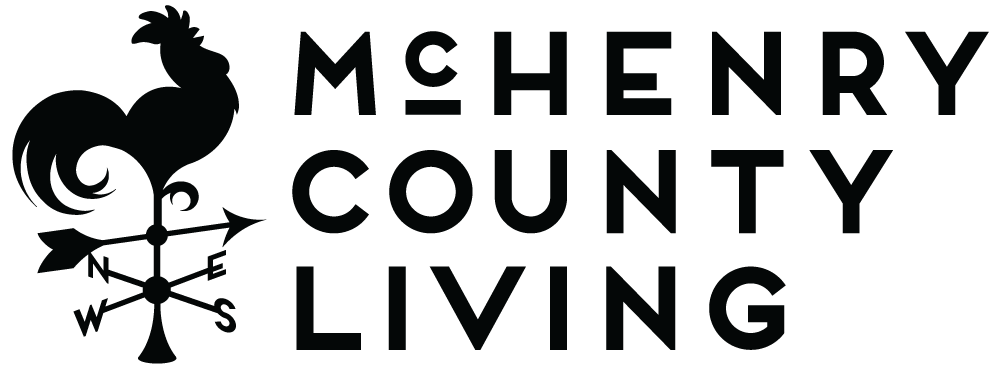A Civil Rights Retreat in our Back Yard
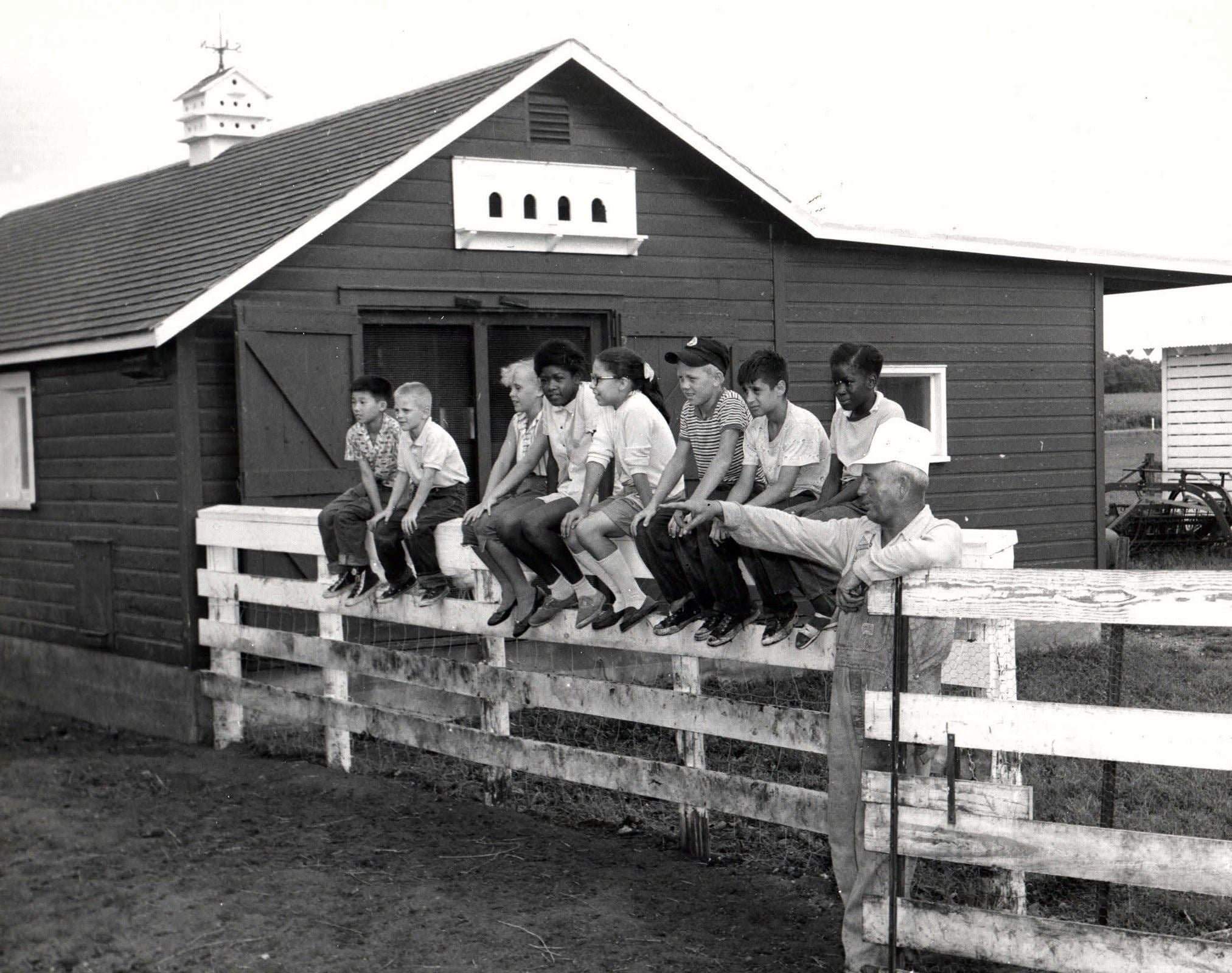
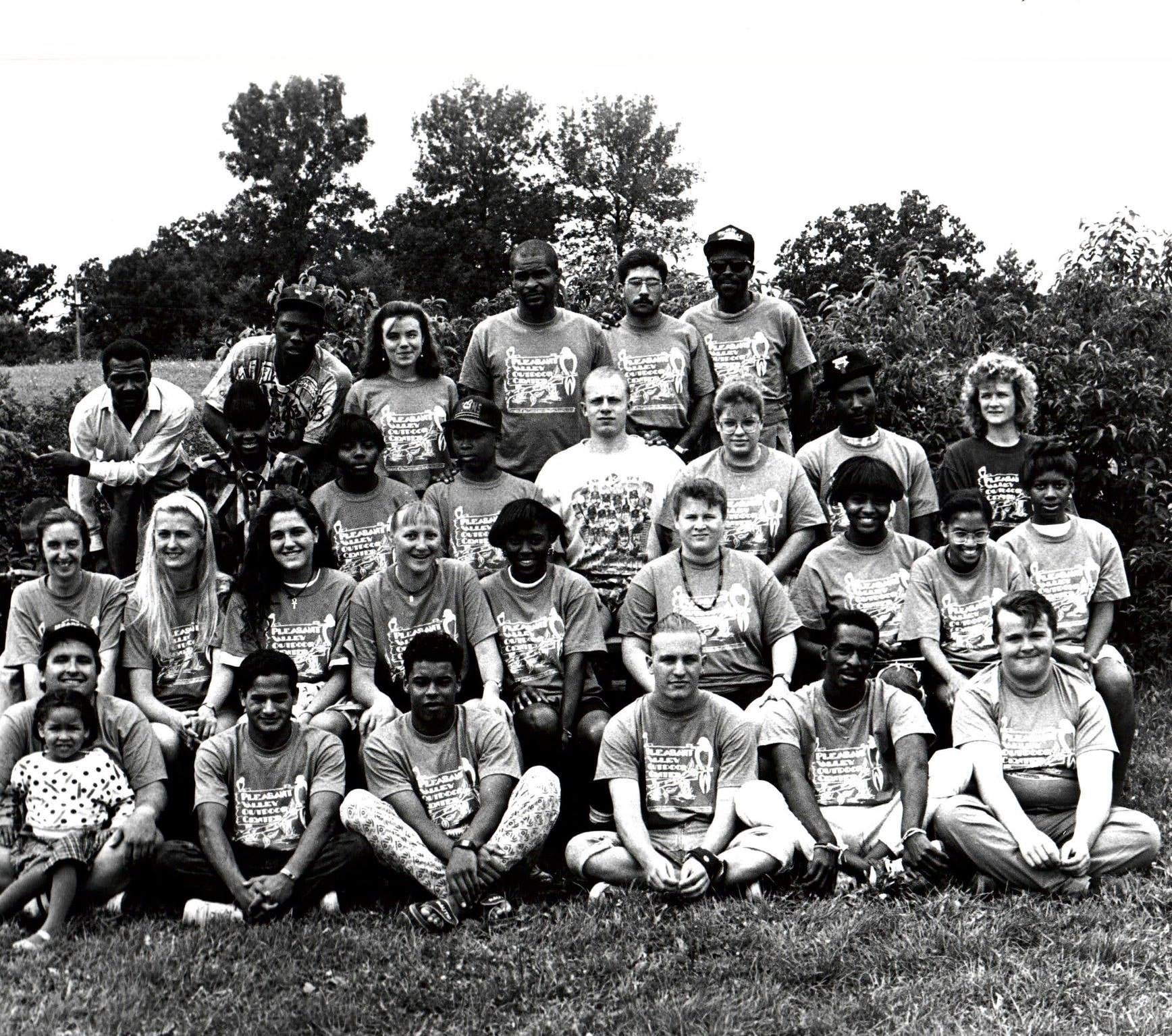
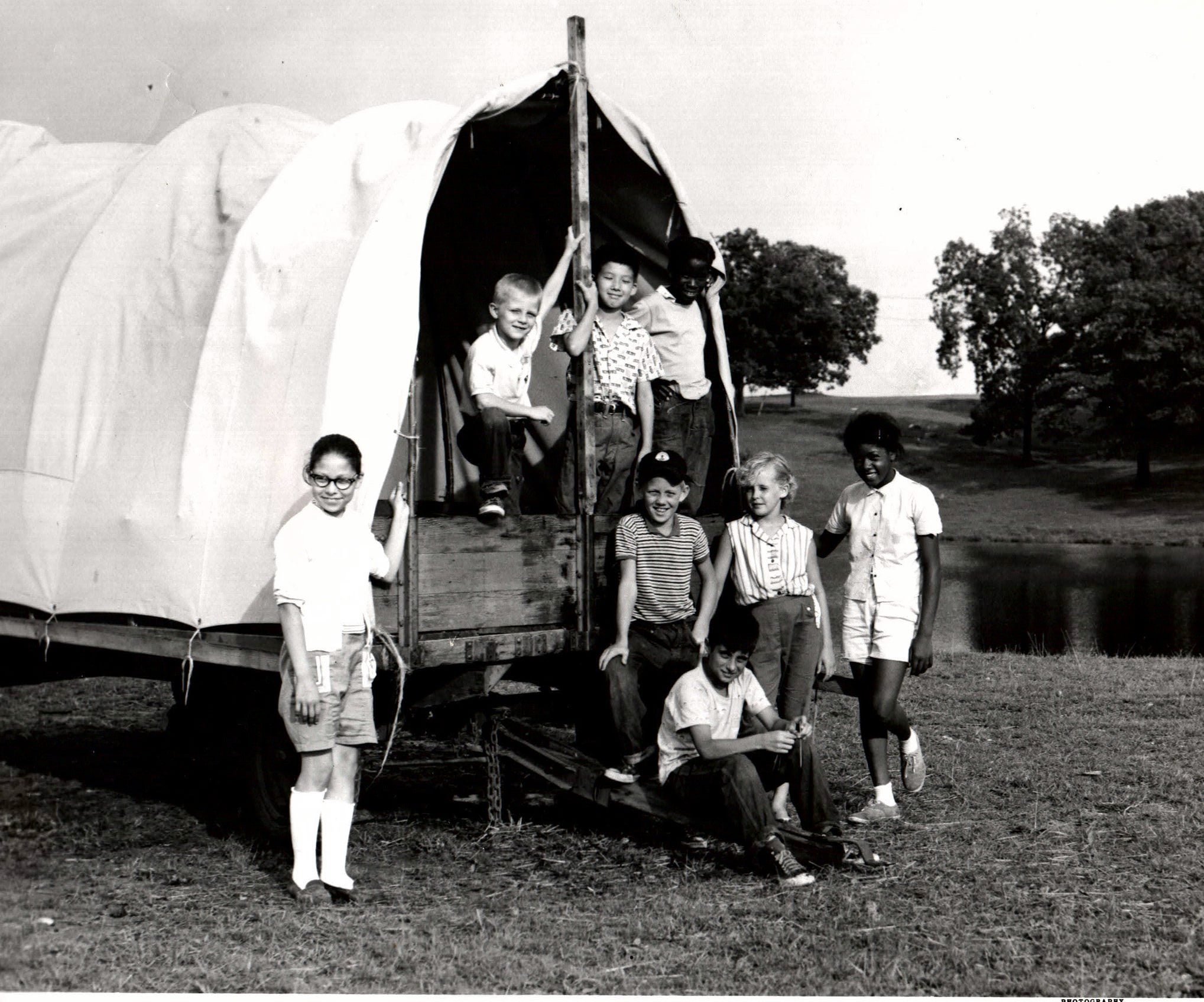
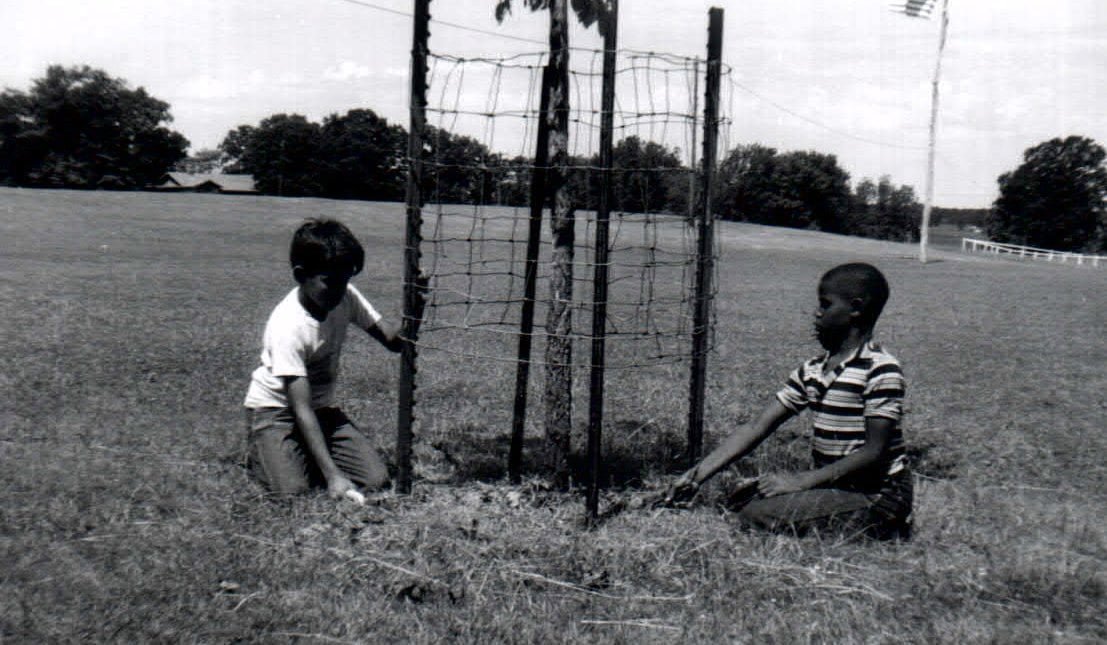
Historical photos of summer camp attendees at Pleasant Valley Farm.
Read about McHenry County’s connection to the great civil rights leader Martin Luther King Jr.
Before it was Pleasant Valley Conservation Area in Woodstock, beginning in 1952, the land was Pleasant Valley Farm (later known as Pleasant Valley Outdoor Center), owned by Chicago Congregational Union. It was a summer camp for inner-city youth to venture into the undeveloped land of McHenry County, where they learned to live and work in a rural setting.
Campers studied natural history and social sciences and learned to farm. They were able to enjoy nature and the earth’s resources. Camp counselors and staff came from all over the world. Many staff and campers said in later years that this place changed their lives and taught them about nature and building community.
In addition to summer camps, it also hosted retreats. Camp staff stories say that Martin Luther King Jr, Ralph Abernathy and other Civil Rights leaders came to stay at Pleasant Valley to write and plan the Chicago Freedom Movement of the late 1960s.
“In the turbulent 1960s, Pleasant Valley served as a retreat for strategists in the civil rights movement…Rev. Martin Luther King Jr. was among those who trekked to the pastoral setting in search of ways to heal racial discord. Breaking down racial barriers is still a focus for the place, but today, the aim is broader, seeking to imbue the concept of racial harmony along with a cultivation of respect for the land,” according to a 1985 Chicago Tribune article.
The center closed in 1998 after 46 years. The Conservation District purchased the land, and began restoration efforts. Today, it is home to multiple rare plant species and two state-endangered animal species. It is also one of the district’s most popular sites with 2,080 acres where people can enjoy hiking, fishing, cross-country skiing and picnicking.
“[On MLK Day], we celebrate Martin Luther King Jr., and his legacy,” the district says. “He fought racial injustice and inspired generations. The district is honored to protect the land that was a small part of this story, and we hope to carry on the legacy begun by Chicago Congregational Union of “[imbuing] the concept of racial harmony along with a cultivation of respect for the land.”
